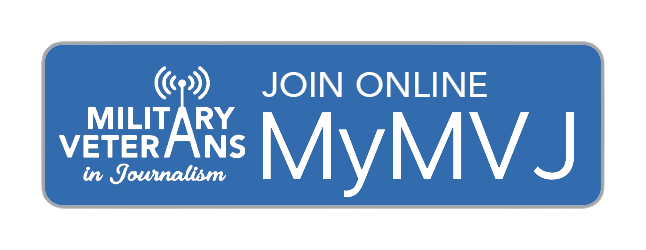This resource is provided by American Corporate Partners, which aims to ease the transition from the military to the civilian workforce. ACP is a national nonprofit organization focused on helping returning veterans and active duty spouses find their next careers through one-on-one mentoring, networking and online career advice.
Foundations of a Successful Mentorship
The most effective mentoring relationships are based on a foundation of trust and confidence, where the Protégé feels safe to openly share his or her goals, objectives, and concerns. While every mentoring relationship is different, the following general guidelines are essential for success:
Have Realistic Expectations
Both parties should understand and agree on their expectations for the partnership. Selfawareness is important, and both the Mentor and Protégé should identify what they would like to gain from the program and what they are able to deliver. Articulate these desires to each other and determine realistic goals.
Share Responsibility for the Relationship
Both the Mentor and Protégé need to take ownership of the relationship. Neither should assume it is the other’s sole responsibility for arranging meetings. Significant energy and time is required of both parties to create a successful mentorship.
Establish Concrete Goals and Develop an Action Plan
The mentorship should be focused on learning and development with clearly stated goals. Set objectives and benchmarks at the outset and review them frequently as they may change over time.
Communicate and Respect your Partner’s Time
No relationship can succeed without clear communication. Show respect for your partner’s time by confirming meetings beforehand and always letting your partner know if you are running late or need to reschedule. Protégés should anticipate what they would like to discuss in advance of each meeting.
Keep an Open Mind
Both parties need to be willing to be open and exchange information. Remain open-minded and flexible as your relationship evolves.
Take Ownership of your Career Development
While Mentors may help Protégés develop the necessary tools for success, Protégés must remember that it is up to them to implement these tools. Protégés will need to put in the time and effort required to advance toward achieving their career goals. It is important to keep in mind that success will not come immediately. And while the Mentor can be a valued guide, responsibility for the Protégé’s career always belongs to the Protégé.
Be Aware of Differences
Be sensitive to cross-race/cross-gender relationships, different social and educational backgrounds, and different career experiences (e.g., military vs. civilian).




